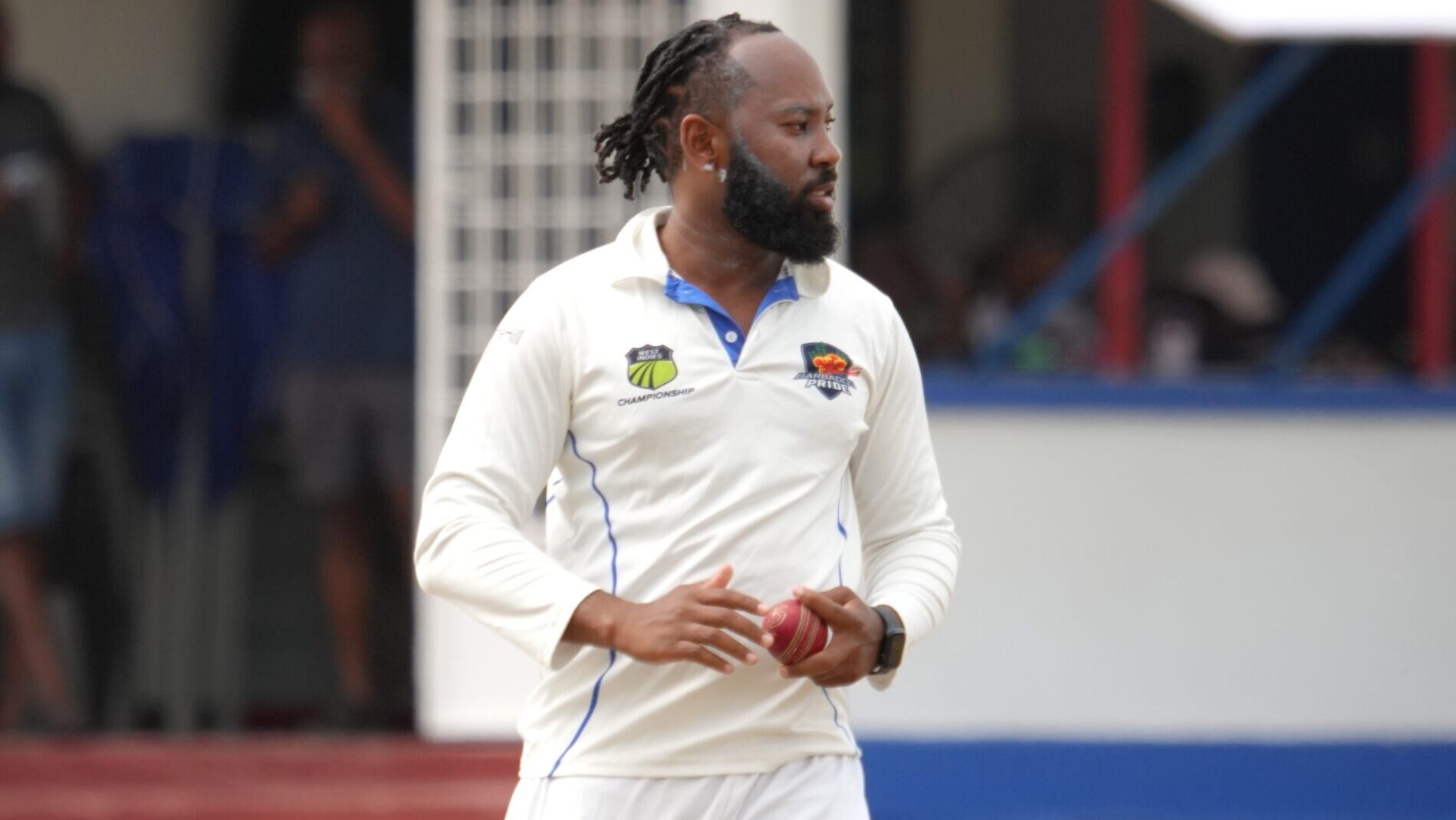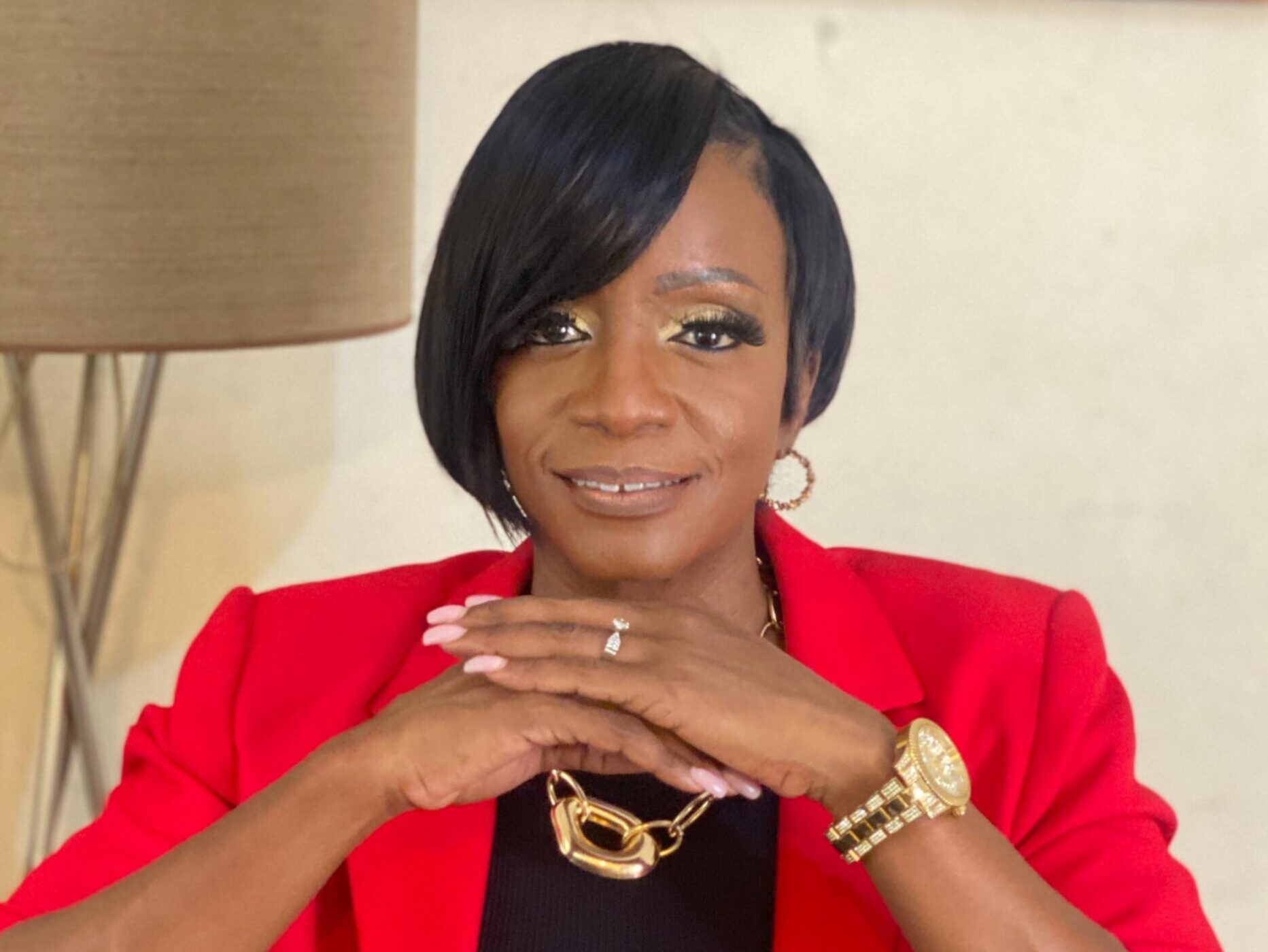Prime Minister Mia Mottley has issued a stark warning regarding the necessity of legislative reforms to address electoral boundary issues in Barbados. On Tuesday, Mottley introduced two significant bills—the Constitution Amendment Bill and the Parliament Miscellaneous Provisions Bill—to the House of Assembly. These measures aim to empower the Electoral and Boundaries Commission (EBC) to rectify what she termed ‘an error from years past.’ The last adjustments to constituency boundaries occurred in 2003, with prior changes dating back to 1991. Mottley emphasized that the demographic shifts in Barbados have rendered the current constituency framework outdated, necessitating drastic boundary revisions that could make many constituencies ‘unrecognizable.’ Under the existing constitutional mandate, constituency populations must remain within a 10% variance of each other. However, the EBC has recommended expanding this range to 20% (80% to 120%) to better reflect current demographic realities. Mottley highlighted significant population movements into regions such as St Philip, St Thomas, Christ Church, St George, and St Peter over the past two decades. In a related development, the EBC recently announced the removal of over 8,000 individuals from the voters’ list, including 4,923 deemed to have resided overseas for more than five years and 3,367 confirmed deceased. The commission has urged citizens to verify their electoral details, particularly if they have relocated, ensuring no one is disenfranchised due to missed enumeration visits.
标签: Barbados
巴巴多斯
-

Reggae Boyz poised as favourites ahead of intercontinental play-offs
Jamaica’s national football team, the Reggae Boyz, led by interim head coach Rudolph Speid, are poised as strong favorites in their upcoming intercontinental play-offs against New Caledonia. The match, scheduled for next year, will see the Reggae Boyz face off against the Pacific island nation, which currently ranks 149th in the FIFA World Rankings. New Caledonia, a French territory with a population of under 300,000, has shown significant progress, climbing 11 spots since June 2024. They emerged victorious in their preliminary group, defeating Papua New Guinea and Solomon Islands while drawing with Fiji. Their journey continued with a 3-0 semi-final win over Tahiti, though they fell 3-0 to New Zealand in the final, missing out on an automatic World Cup spot. New Caledonia’s coach, Johann Sidaner, acknowledged the challenge ahead, emphasizing Jamaica’s superior FIFA ranking of 70th and the geographical advantage of having supporters in Mexico. Sidaner, who began his coaching career at USSA Vertou and later led FC Nantes’ pre-academy, has been at the helm of New Caledonia since 2022. Despite limited match experience—only six games in three years—the team boasts 11 overseas-based players in France’s lower tiers, including key figures like goalkeeper Rocky Nyikeine and top scorer Georges Gope-Fenepej. The play-offs promise to be a test of resilience for New Caledonia, as they aim to defy the odds against a formidable Jamaican side.
-

Pride overwhelms Volcanoes with spin and power
Barbados Pride showcased a commanding performance to secure a seven-wicket triumph over the Windward Islands Volcanoes in the CG United Super50 Cup on Sunday. This marked their second consecutive win in the tournament, solidifying their strong form. Off-spinner Kemar Smith was the standout performer, dismantling the Volcanoes’ batting lineup with a sensational five-wicket haul. His spell triggered a dramatic collapse, reducing the Volcanoes from a promising 104 for two to a meager 137 all out in just 37.2 overs. Smith’s figures of 5-25 were complemented by Javed Leacock’s 2-22, ensuring the Volcanoes never regained momentum. Chasing a modest target, Barbados Pride faced early setbacks, losing both openers quickly. However, a pivotal 104-run partnership between Zachary McCaskie and former West Indies Test captain Kraigg Brathwaite turned the tide. McCaskie fell just short of a half-century, but Brathwaite remained unbeaten on 59, guiding his team to victory in 24.1 overs. The match between the Leeward Islands Hurricanes and Jamaica Scorpions was abandoned due to heavy rain, adding an unexpected twist to the day’s proceedings.
-

Perreira questions selection strategy as WI gear up for NZ Tests
Veteran cricket commentator Joseph “Reds” Perreira has expressed skepticism over the West Indies Cricket Board’s decision to retain Jomel Warrican as vice-captain for the upcoming two-match Test series against New Zealand, commencing on December 1. The West Indies, often referred to as the Men in Maroon, enter the series on the back of disappointing performances in both the T20 International and One Day International series, despite showcasing moments of competitiveness. Perreira argued that Warrican, a left-arm spinner, may not be the ideal choice to support captain Roston Chase, particularly given the pace-friendly conditions expected in New Zealand. He emphasized that vice-captaincy decisions are typically made on a series-by-series basis, suggesting that alternative candidates should have been considered. Additionally, Perreira raised concerns about the absence of fast-bowling duo Alzarri Joseph and Shamar Joseph, who are sidelined for the remainder of the year due to injuries. He questioned the rehabilitation process and the steps being taken to ensure their return to peak form. The squad for the tour includes the return of seasoned fast bowler Kemar Roach, who is expected to play a pivotal role, alongside debutant Ojay Shields and returning player Kavem Hodge. Perreira did not object to these selections, focusing his critique primarily on the vice-captaincy and injury management issues.
-

T&T Rugby triumphs in third-place showdowns at RAN Sevens
The Trinidad and Tobago (T&T) men’s and women’s rugby teams clinched third-place finishes at the Rugby Americas North (RAN) Sevens tournament, held at the Larry Gomes Stadium in Malabar, Arima, on Sunday. Both teams delivered impressive performances, defeating Bermuda in their respective playoff matches in front of an enthusiastic crowd. The men’s team, despite a crushing 40-0 loss to Canada in the semifinals, bounced back with a dominant 29-0 victory over Bermuda in the third-place playoff. Ruairi O’Farrell and Jonathan Taylor were standout performers, with Taylor scoring a hat-trick and O’Farrell contributing two conversions. The women’s team mirrored this success, securing a commanding 27-0 win over Bermuda, led by Fayola Jack’s double try and contributions from Kalena Burke, Alyssa Fields, and Chaneisha John. While the men’s team earned a spot at the 2026 Centro Caribe Games in Santo Domingo, the women narrowly missed qualification, as only the top two teams advanced. The tournament also offered coveted spots in the global HSBC SVNS series, with the top three men’s and top two women’s teams securing their places.
-

Odwin second again at Latin America golf
Barbadian golf sensation Emily Odwin delivered an outstanding performance at the Women’s Amateur Latin America Championship (WALA), securing second place for the second consecutive year. The event, held on November 23 at PGA Riviera Maya in Quintana Roo, Mexico, was presented by The R&A and the ANNIKA Foundation. Odwin, 21, faced off against Colombia’s María José Marín, 19, in a thrilling playoff that ended in a narrow defeat for the Caribbean champion. Both players finished with a score of seven-under 281, but Odwin’s valiant comeback in the final holes fell short on the third playoff hole. Prime Minister Mia Mottley lauded Odwin’s efforts on Instagram, praising her as a symbol of Barbadian excellence and a role model for future generations. Odwin, who has competed in WALA for five years, will conclude her amateur career in 2025 before turning professional after completing her sports management degree at Southern Methodist University. Despite her recent success, including qualifying for the US Women’s Open and LPGA qualifying school, Odwin has chosen to prioritize her education before embarking on her professional journey.
-

Lawes spins Windies U-19 to dominant 98-run victory over England
In a commanding display of skill and strategy, the West Indies Under-19 cricket team secured a resounding 98-run victory over England in the fourth Youth One-Day International (ODI) at the National Cricket Stadium on Monday. This triumph gave the West Indies a decisive 3-1 lead in the seven-match series. Chasing a challenging target of 281, England’s batting lineup faltered under the relentless pressure of the West Indies’ disciplined bowling attack, collapsing to 182 all out in just 38.5 overs. The standout performer was Vitel Lawes, whose masterful spin bowling yielded four crucial wickets for 35 runs, dismantling England’s middle order. Shaquan Belle complemented Lawes’ efforts with three wickets for 34 runs, ensuring England’s innings never gained momentum. Earlier, the West Indies’ batting was anchored by a stellar 120-run partnership between captain Joshua Dorne (80) and Jonathan van Lange (80), propelling the team to a formidable total. England’s bowlers, led by Luke Hands (3-63) and Farhan Ahmed (2-37), struggled to contain the hosts. With two matches remaining, the West Indies are now poised to clinch the series outright, with the fifth ODI scheduled for Wednesday at the same venue.
-

Dancehall dominates as Rhythmz on the Hill delivers
The vibrant beats of dancehall and soca reverberated through Farley Hill National Park on Sunday night, as thousands gathered for the rescheduled Rhythmz on the Hill event. Originally planned for November 9, the festival, organized by Zulu Entertainment and Caribbean Music Festival, made a triumphant return after being postponed due to Hurricane Melissa. The event not only celebrated music but also served as a rallying point for hurricane relief efforts, highlighting the resilience of the Jamaican community. The evening kicked off with a high-energy soca performance by veteran artist Lil Rick, setting the stage for a night dominated by dancehall. Top DJs, including the Legacy Team, Daddy Fabian, and Deejay Thorny, kept the crowd energized with a mix of reggae and dancehall hits. Aidonia, the penultimate act, delivered an electrifying performance, connecting deeply with the audience and sharing a heartfelt moment of gratitude for overcoming personal struggles. Alkaline closed the show with his signature flair, performing hits like ‘Boss’ and ‘Champion Boy’ to a diverse, enthusiastic crowd. The event also featured stellar performances by reggae legends Admiral Bailey and Flourgon, as well as Bajan artists Mastaa T and Chiief Diin. Throughout the night, hosts Astra and Salt encouraged donations for Hurricane Melissa relief, emphasizing Caribbean solidarity. With seamless organization, abundant food and drink options, and an incident-free atmosphere, Zulu Entertainment Inc. once again demonstrated the unifying power of Caribbean music.
-

When theory meets enforcement: Inside Barbados’s first practical data protection workshop
In recent months, the Data Protection Commissioner of Barbados has been actively engaging in public forums, emphasizing the urgent need for robust data privacy practices. The message is clear: data privacy can no longer be an afterthought. The looming question is whether the Data Protection Act will be enforced with the consistency and confidence that the nation has been anticipating. Without effective enforcement, compliance remains a distant aspiration for many organizations.
-

Another independence day: fighting addiction at Verdun, Marina House
As Barbados commemorates nearly six decades of independence, Verdun House and Marina House in St. John stand as beacons of hope and healing, embodying the nation’s commitment to freedom—not just in terms of sovereignty, but in empowering individuals to break free from addiction and reclaim their lives. These residential rehabilitation facilities, nestled in the eastern parish of St. John, have become vital spaces for recovery and renewal. Verdun House, established earlier, initially served both men and women but later transitioned to gender-specific care. In 2015, Marina House was introduced as a dedicated facility for women, offering a more intimate and supportive environment for their healing journeys. Funded primarily by the Maria Holder Memorial Trust, Marina House accommodates 17 women, providing comprehensive support for their rehabilitation. Allison Gotip, Director of Clinical Services at both facilities, emphasizes the unique challenges faced by women with substance use disorders, including higher levels of trauma. She highlights the importance of gender-specific treatment, noting that women often process trauma differently than men. While more men opt for residential treatment, societal expectations often hinder women from seeking help. Gotip underscores the need for family support in enabling women to prioritize their recovery. The program has diversified its services to include outpatient care, making treatment more accessible and less intimidating. With a focus on evidence-based interventions tailored to Caribbean culture, the facilities have attracted clients from across the region and beyond. International accreditation and a commitment to confidentiality further enhance their credibility. The charity’s self-sustainability initiatives, including a vegetable farm and egg production, not only support the facilities but also provide therapeutic benefits for clients. The 90-day rehabilitation program boasts high retention rates, with a focus on long-term recovery and improved quality of life. Gotip and her team work tirelessly to ensure clients can rebuild their lives, relationships, and careers, offering them a genuine chance to start anew.
